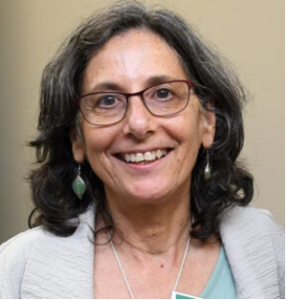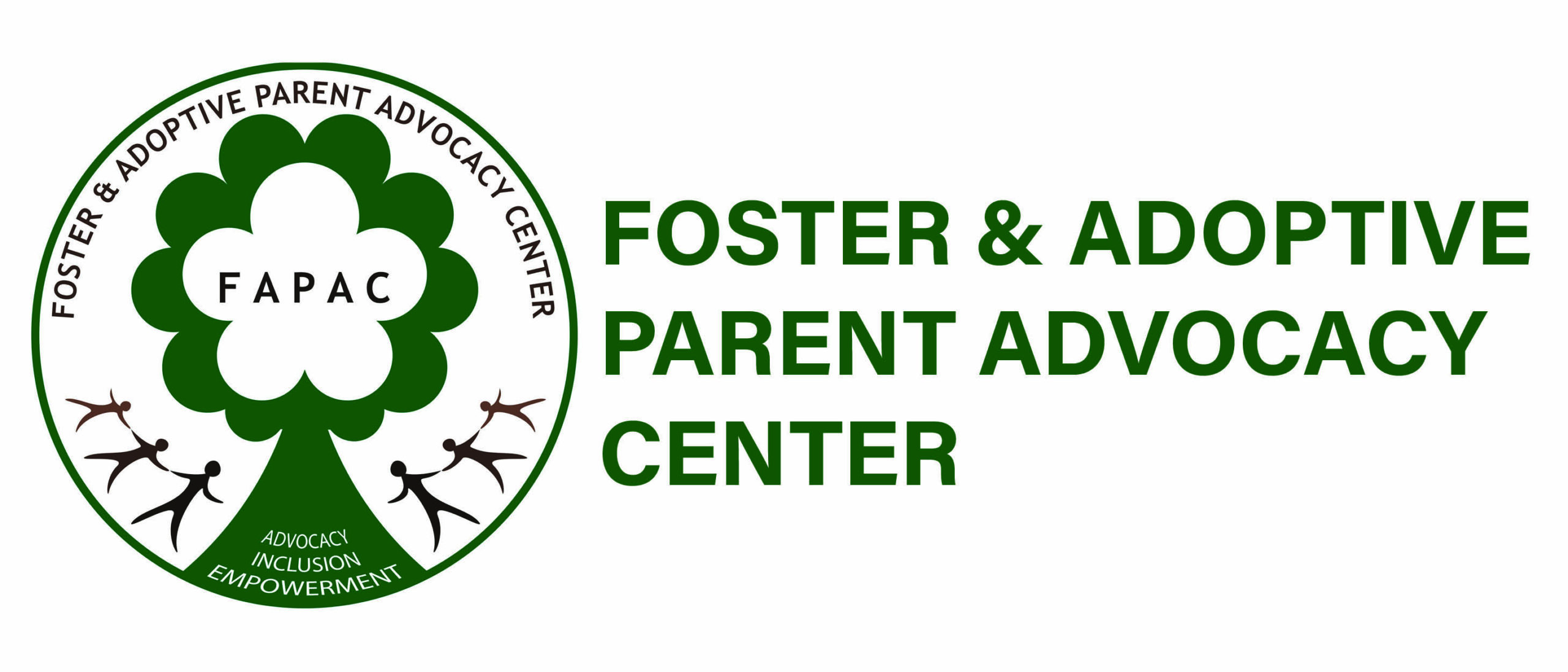ABOUT US
HISTORY
FAPAC is a 501c3 nonprofit organization. It was founded in 2000 to address the lack of inclusion of DC’s foster, kinship, and adoptive parent’s perspectives at tables of child welfare reform. FAPAC believed that through this grassroots effort, the community could combine its skills, knowledge, and compassion to effect systemic reform of the troubled child welfare system. Since our founding, we have evolved into a critical and well-respected stakeholder combining strong advocacy efforts with an equally strong commitment to partnership and problem solving. FAPAC is the only DC organization whose singular purpose is to advocate for systemic change and problem resolution on behalf of children and families in the DC child welfare system.
An idea that originated as a coffee table discussion has matured into a strong, capable, and committed organization. Purposefully maintaining our grassroots culture, we have grown to a team of dedicated and enthusiastic staff and board, committed to seeing that our children find stability and permanency with loving parents who are well prepared and supported to meet the special needs caused by abuse and neglect.
MISSION
FAPAC’s mission is “to improve the quality of life, well-being, and dignity of children in the District of Columbia by strengthening, supporting, and empowering foster, adoptive, and kinship parents to serve as advocates for their children’s needs; and bridge-builders with birth parents; working as an organizational agent of systemic change; and by partnering with other District agencies to provide innovative stabilization services to families at risk.”
VISION
As an organization whose staff and board is majority comprised of current or former foster and/or adoptive parents, we support a vision of strong prevention programs to keep families intact; high-quality, well-trained, and supported foster placements when children do need to come into care; serious efforts towards reunification and other permanency; and meaningful and effective post-permanency services to support children and families and keep them stable and healthy.
FAQs About Programs
Who does FAPAC help?
FAPAC ‘s programs serve families of the District and resource parents of DC children residing in Maryland or other jurisdictions. FAPAC’s systemic advocacy focuses upon issues and needs of children and families served by the DC child welfare system. Our direct service programs serve resource parents of children from the DC child welfare system (including post adoption and guardianship) as well as any DC parent who may benefit from our parent support and education programs.
What services does FAPAC provide?
FAPAC is an organization dedicated to positive systemic change of the District’s child welfare system. In a model that pairs advocacy with partnership, FAPAC works to improve practices, policies and regulations that impact DC’s children and families. Additionally, we provide direct individual and group support and training services.
Does FAPAC provide legal help?
We are not attorneys but we provide referrals as appropriate.
Is FAPAC part of the District government?
No, we are a private 501(c)(3) organization incorporated in the District of Columbia.
How is FAPAC funded?
FAPAC is funded primarily through foundation grants, individual contributions and fee-for-service contracts. No funding is accepted that will compromise our advocacy efforts.
Does FAPAC charge for services?
All of our programs are free for families. Fees may be charged to organizations or professionals.
How do you join FAPAC?
FAPAC is not a membership organization. You do not have to join to be served. However, we rely upon donations to survive so we appreciate your support at any time!
FAPAC's Story, Co-Founder Margie Chalofsky
 When FAPAC was founded in October 2000, we opened our doors to a landscape of dysfunction, lack of inclusion, and great mistrust. There was mistrust within the foster parent community itself, between the foster parent and social worker communities, and between CFSA and the advocates. I remember going to my first event and introducing myself to people and telling them why I was there, the sole staff person at FAPAC, only to be met with skepticism and questioning looks. ‘Why do foster parents need advocates? That’s ridiculous,’ is what they would reply to me. Many people literally refused to talk to me. Just going into the building, it felt like going into battle. It was a terrible feeling. After knocking on doors, fighting for inclusion, we started being invited to many meetings, and we thought we were making progress, but we learned that, in all actuality, no important decisions were being made when we were there. It felt to me like being invited to dinner but learning the meal was being served in the other room. During these years, due to the hard work of agency and foster parent leaders, the District’s child welfare system has come a very long way in terms of including foster parents in decision-making.
When FAPAC was founded in October 2000, we opened our doors to a landscape of dysfunction, lack of inclusion, and great mistrust. There was mistrust within the foster parent community itself, between the foster parent and social worker communities, and between CFSA and the advocates. I remember going to my first event and introducing myself to people and telling them why I was there, the sole staff person at FAPAC, only to be met with skepticism and questioning looks. ‘Why do foster parents need advocates? That’s ridiculous,’ is what they would reply to me. Many people literally refused to talk to me. Just going into the building, it felt like going into battle. It was a terrible feeling. After knocking on doors, fighting for inclusion, we started being invited to many meetings, and we thought we were making progress, but we learned that, in all actuality, no important decisions were being made when we were there. It felt to me like being invited to dinner but learning the meal was being served in the other room. During these years, due to the hard work of agency and foster parent leaders, the District’s child welfare system has come a very long way in terms of including foster parents in decision-making.
Today, foster parents are included on agency work groups and are regularly consulted regarding policy and practice decisions. FAPAC’s model of advocacy has helped to move inclusion forward. Built upon the assumptions that we all want to do right by children and families, and that getting everyone’s opinions on the table will lead to the best outcomes for children, FAPAC has empowered foster parents to come to the table not only to bring their problems but to also bring possible solutions. What newer foster parents and staff have come to see as routine, those of us who have been around remember the hard work it took to get there. We remember: when foster parents did not receive notice of opportunity to be heard in court. We remember: when social workers didn’t call back for days or weeks and we didn’t have a clue how to reach supervisors or crisis support. We remember: when foster parents were consistently denied critical information about the children in their homes. We remember: when we were not encouraged or even allowed to communicate with birth parents. We remember: when there were NO post-permanency services, and achieving adoption or guardianship meant all your services stopped. All these achievements and more happened because of the years spent building trusting relationships and true partnership. We salute all of our CFSA and private agency partners and foster parent leaders who built the stepping stones for this partnership to continue and grow.
